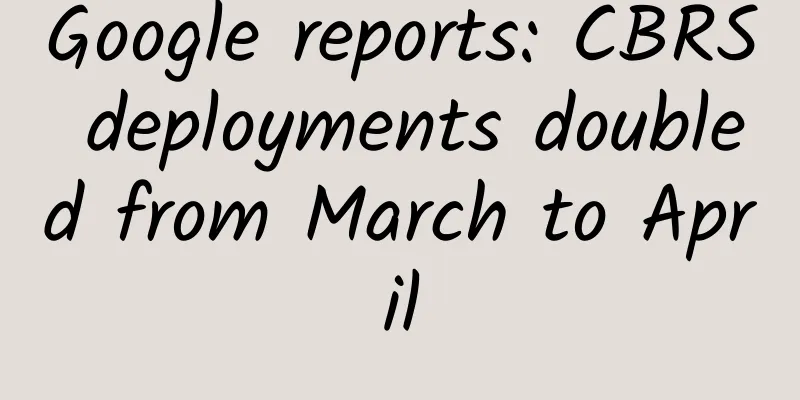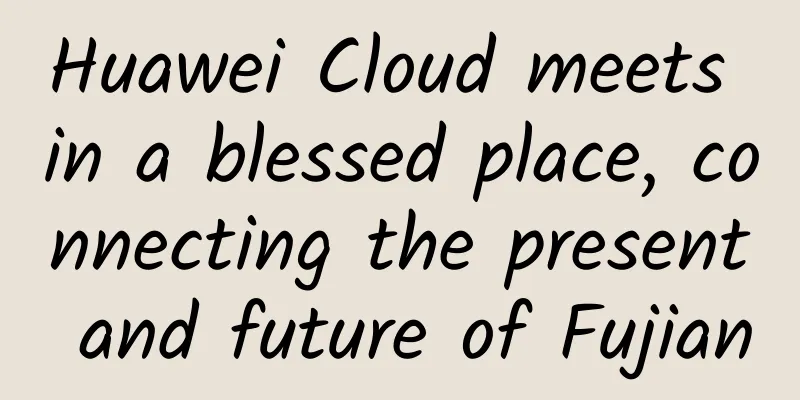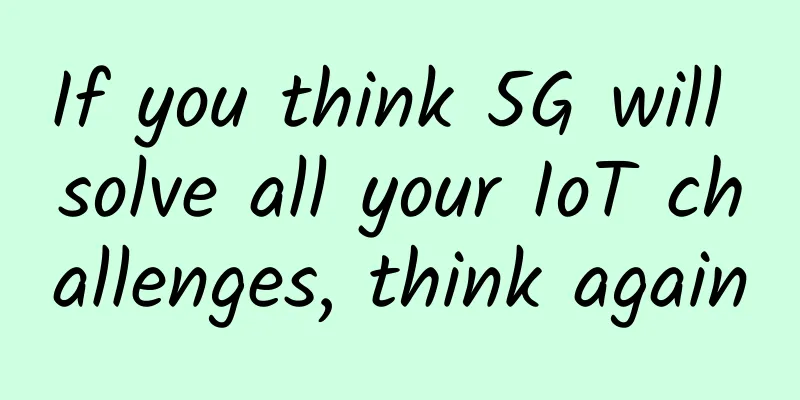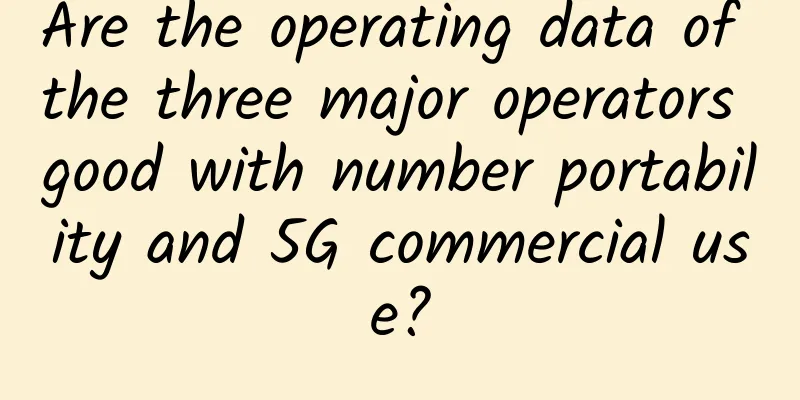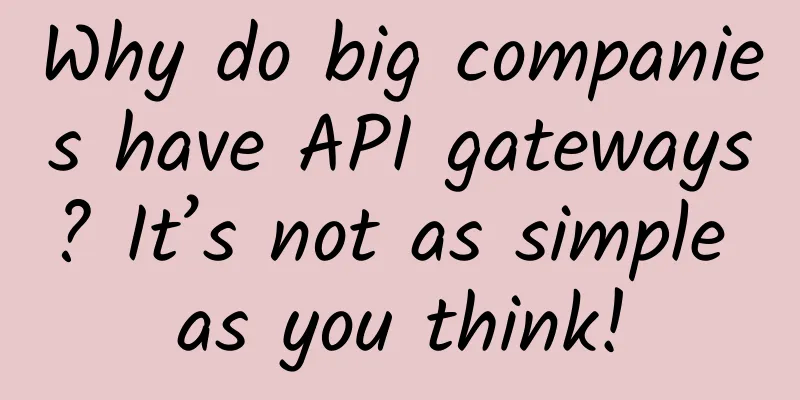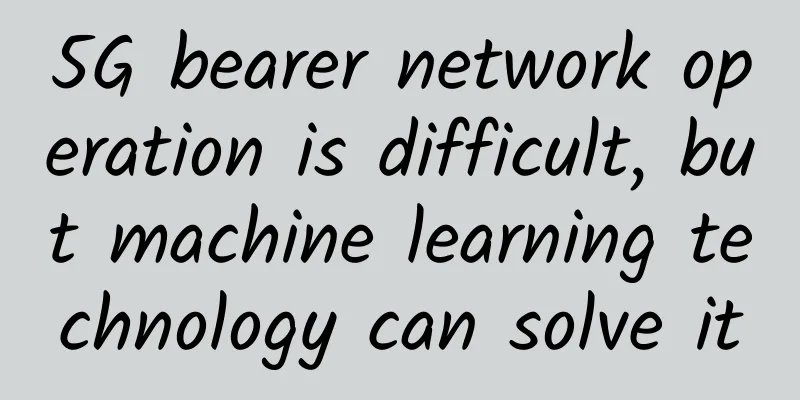5G is expected to be the fastest deployed mobile communications technology in history
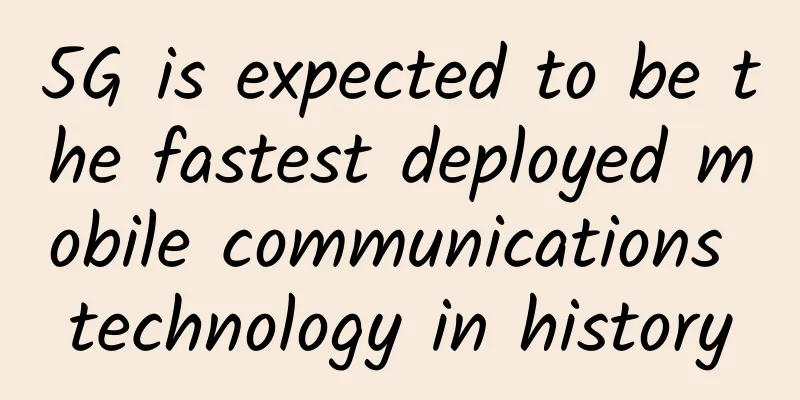
|
Telecommunications company Ericsson has released its latest mobility report, with its long-term forecast set for 2026, when 5G will finally replace aging 4G infrastructure and equipment as the global wireless standard. Ericsson said 5G expansion is rapid, noting that 5G subscriptions with capable devices grew by more than 70 million to 290 million in the first quarter of 2021. Ericsson predicts that by the end of 2021, there will be 580 million 5G subscriptions, and by 2026, North America will lead in 5G mobile subscriptions, with 84% of mobile subscriptions having 5G coverage.
Ericsson says this will allow 5G to reach 1 billion users two years faster than 4G. Again citing the 2026 figure, 5G is expected to reach 3.5 billion users worldwide, accounting for 40% of all mobile subscriptions. Ericsson says that by 2026, 5G will be ubiquitous around the world, with all 10 regions it defines having at least some level of access. Ericsson expects 7% of subscribers in Sub-Saharan Africa to be on 5G networks by 2026, while North America will reach the aforementioned 84% penetration rate. In contrast, Northeast Asia will have the highest 5G penetration rate by 2020, with 9% of its mobile plans being 5G. By 2026, the region will have 65% 5G penetration, ranking fourth behind North America, the GCC, and Western Europe. Smartphones and their users aren’t the only beneficiaries of the rapid rollout of 5G. Ericsson mentioned that fixed wireless access and broadband IoT are also expanding rapidly with the development of 5G. Fixed wireless access refers to any service that uses 4G or 5G as a way to connect fixed locations to the internet. Largely seen as a way to eliminate the last mile challenge in rural areas, more than 70% of service providers now offer FWA, and 90% of them have launched 5G services. Ericsson expects that by the end of 2026, more than 20% of mobile network data traffic worldwide will come from FWA. Ericsson said FWA adoption is driven primarily by three factors: demand for broadband connections, cost-effectiveness compared to wired broadband services, and subsidies from governments that see broadband access as a vital component of digital transformation and economic growth initiatives. Perhaps most interestingly for business leaders, broadband IoT (defined in the report as using 4G or 5G) will replace 2G/3G IoT with narrowband (NB-IoT) and Cat-M (4G chips designed specifically for IoT hardware) products, which are expected to grow 80% by 2021. Ericsson said broadband connectivity for IoT devices opens up a whole new avenue of use cases, citing cloud-based augmented reality/virtual reality, remote control of machines and vehicles, cloud robotics, better cloud gaming, and real-time coordination and control of machines and processes as potential use cases. Ericsson said all of these services are time-critical and will be enabled by further expansion of 5G standalone IoT devices that do not require a 4G backbone to operate. |
<<: What is Intelligent Edge Computing?
>>: eSIM is making a big splash in the IoT space, but it’s not yet seen on mobile phones
Recommend
Unified, standardized, and intelligent, Borei Data OneAlert helps reduce costs and increase efficiency in operation and maintenance
With the cloudification of IT infrastructure, the...
What is Industrial Ethernet? What are its advantages?
Industrial Ethernet is an industrial network deve...
No need for WiFi, can you surf the Internet with light? China releases the first visible light communication chip
No need for WiFi, can you surf the Internet with ...
TmhHost Summer Promotion: 20% off BGP cloud servers in Hong Kong/Los Angeles/Zhenjiang, CN2 GIA line + high defense
As the temperature gradually rises, this year'...
F5 Launches Industry’s First Integrated Application Delivery and Security Platform to Enable Hybrid Multi-Cloud Infrastructure in the AI Era
F5 recently announced the launch of the F5 Applic...
One person, one device, one password: Ruijie Flexible Office provides Lujia Paint with a "Wi-Fi Security Key"
Since the advent of Wi-Fi, users have had to face...
"Perceived and controllable applications that change on demand" F5 multi-cloud application service innovation online conference transcript
At 10:00 am on December 16, F5, the world's l...
Yecao Cloud: Hong Kong independent server starting from 199 yuan/month, optional BGP/CTGNet/Huawei Cloud line
The blog has shared Yecaoyun product information ...
IP address planning in corporate intranet, you should master these 6 points!
Intranet is the implementation of Internet techno...
Which collaboration metrics determine the business value of an application?
The criteria for evaluating the business value of...
Netty - Sticky Packets and Half Packets (Part 2)
Continue from the previous article "Introduc...
How to set up a new router?
[[426343]] 1. Router startup initial sequence Whe...
Master these 5 tips to deploy Wi-Fi 6 to achieve the best results
The Wi-Fi 6 standard (802.11ax) brings many excit...
Who will be the Internet of Things "giant"? 2017 World Internet of Things Expo closed
【51CTO.com original article】 On September 13, 201...
Emerging 5G technology puts SIM-based IoT devices at greater risk
Downloading a high-definition movie in the blink ...
